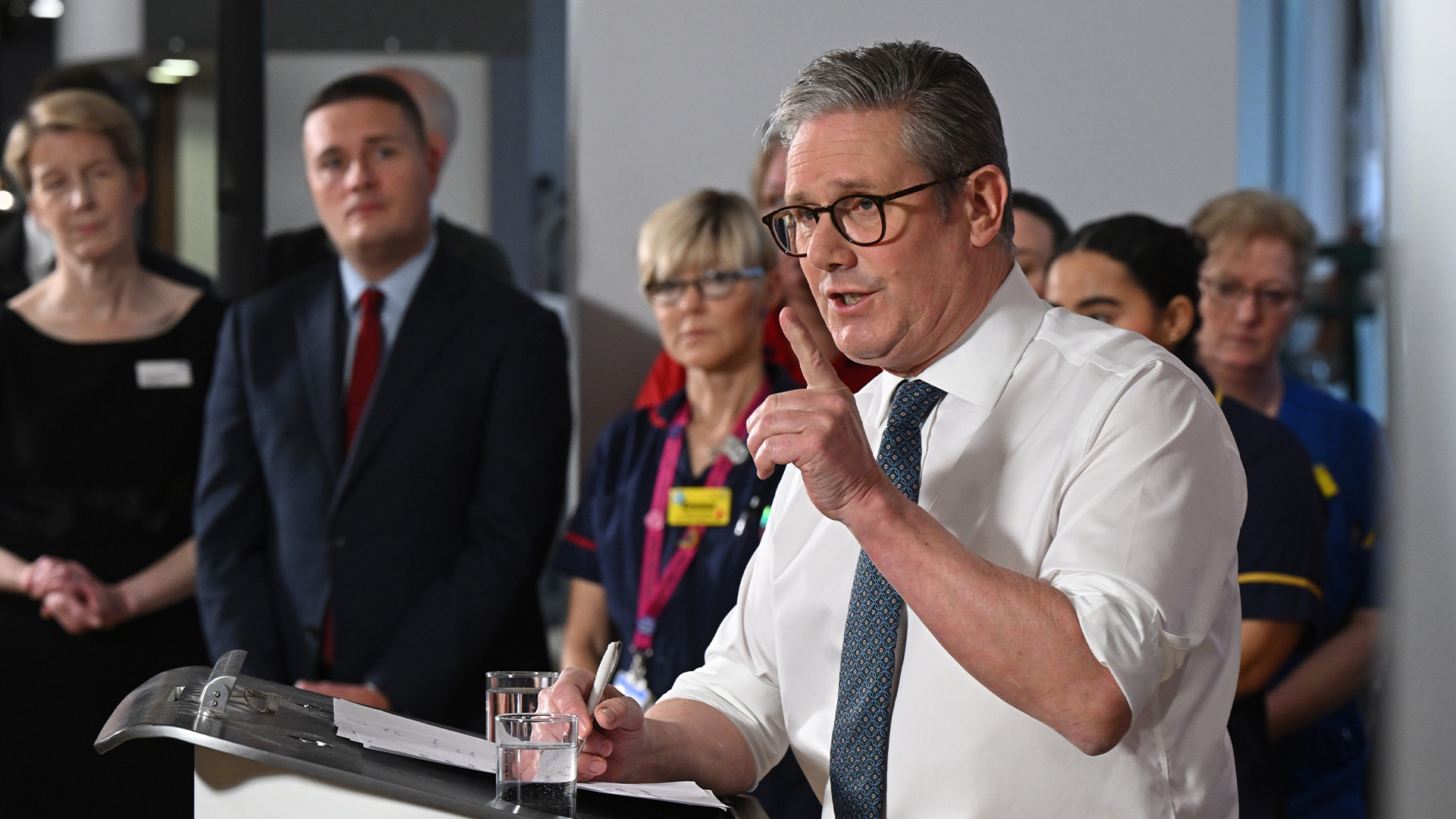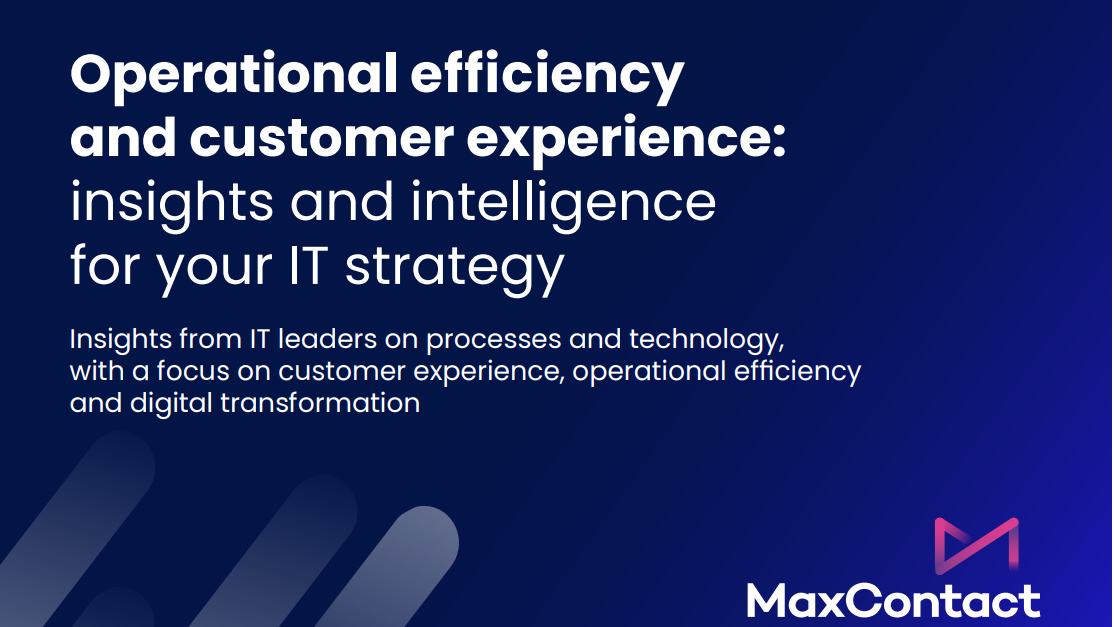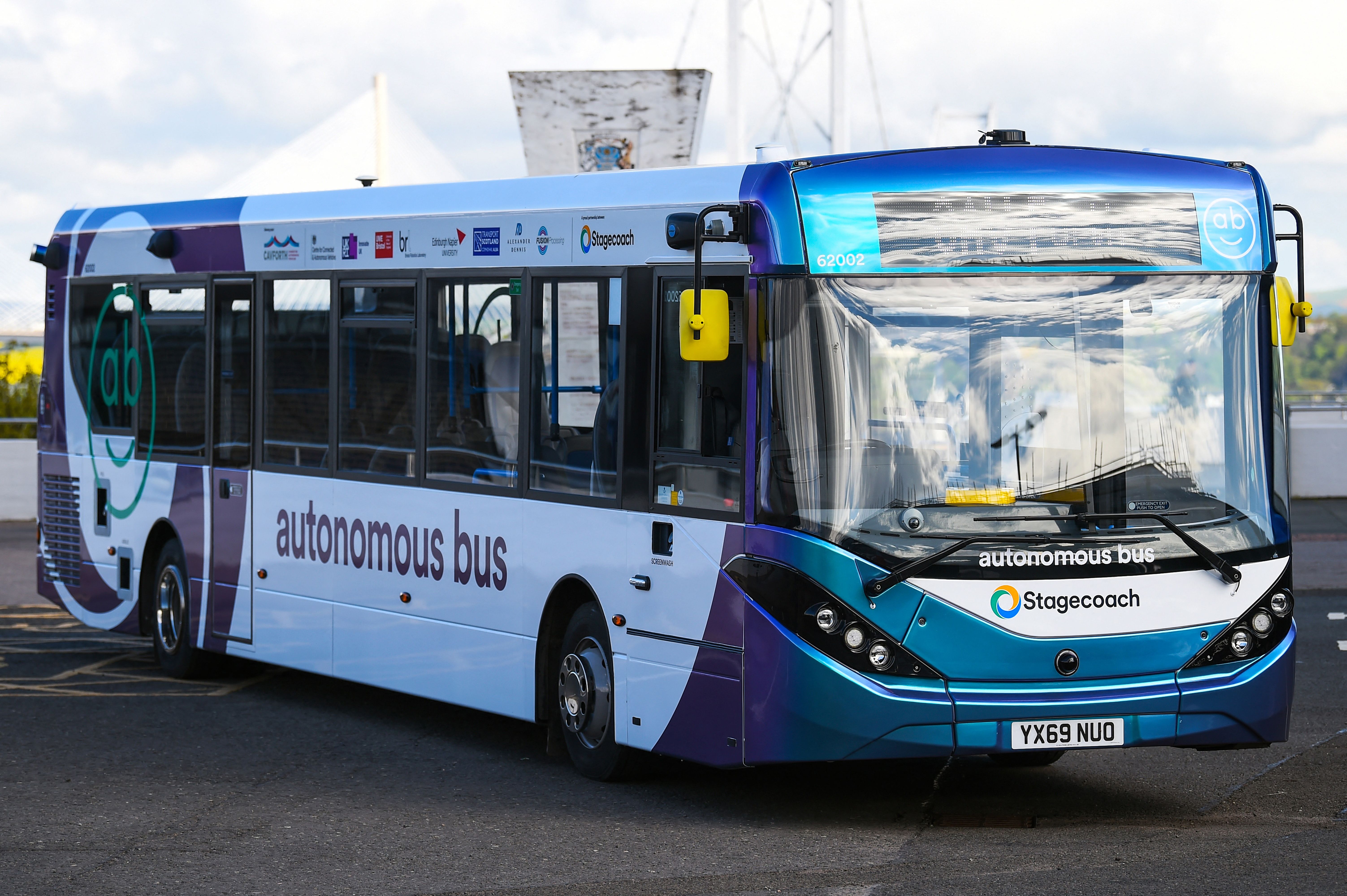Can AI and 3D printing help the UK succeed after Brexit?
MPs: UK must look to tech to make the best of Brexit

A group of Conservative MPs believe the UK must lead on AI and driverless car technologies in order to thrive following Brexit.
The the UK must promote technologies including artificial intelligence, robotics, and the Internet of Things (IoT) to flourish in a post-Brexit landscape, according to the Free Enterprise Group, which presented a report written by member and Havant MP Alan Mak on Monday.
Addressing the 'Fourth Industrial Revolution', Mak said Britain's new industrial strategy must lead on emerging innovations like driverless cars and 3D printing.
"The message to the new Prime Minister [Theresa May] is we need to make the best of Brexit, we need to meet the challenges this country faces and cease the opportunities," Mak said.
Secretary of State for Business, Energy and Industrial Strategy, Greg Clark, added that the emergence of these technologies "invites us to consider how we can best equip ourselves to meet the challenges of the future, given the rising pace of technological change".
He highlighted the need for long-term strategies to harness the "transformational" power of technologies such as AI, which are still in their infancy.
The government should encourage co-operation between different fields of expertise to accelerate innovation, by providing funds for new technologies and initiatives, the group stated.
Get the ITPro daily newsletter
Sign up today and you will receive a free copy of our Future Focus 2025 report - the leading guidance on AI, cybersecurity and other IT challenges as per 700+ senior executives
Clark said: "The process of forming an industrial strategy should allow people to contribute with their knowledge, experience, expertise and insight." He pointed to the "exciting" example of bringing together automative expertise and energy innovation, "to anticipate a future in which all of important manufacturers see that zero emission in vehicles, and electric vehicles are their future".
The group's report outlines 20 recommendations for the government's industrial strategy that fall under three key areas: post-Brexit opportunities within the fields of science and technology; the need to invest in scientists and entrepreneurs residing in the UK; and the need to re-skill workers.
One of the concerns related to automation has been the idea that AIs could take over certain jobs, particularly lower and middle-skilled jobs, including roles involving routine manual or data processing tasks, which AI is getting increasingly better at.
This notion was reiterated in a recent report published by the Government Office for Science, and by scientists and governments worldwide.
Mak said Britain's industrial strategy should aim at "making sure that people have the necessary skills to cover the fourth industrial revolution jobs, so that none [are] left behind".
These new opportunities should also be readily available to those living outside London, particularly in parts of the UK that currently feel left behind.
"Now is the right time to think about this, as the fourth industrial revolution has begun. Things like driverless cars, AI, 3D printing, all of the aspects of the digital revolution are not just science fiction but changing the way that we live and work," Mak added.
Last month, the Science and Technology Committee urged the UK government to start re-skilling the population in light of automation.
Clark said on Monday: "It's very important to have a framework to allow and encourage challenge to ensure that we are all masters of the revolution."
Mak hopes that in future UK-based companies such as ASOS and Just Eat will acquire other British startups, which are often being acquired by foreign or international firms.
Immigration post-Brexit was also discussed during the debate. Mak said that the government should ensure that Britain retains highly skilled workers, but loses lower-skilled immigration, which he claimed Leave voters dislike.
-
 Should AI PCs be part of your next hardware refresh?
Should AI PCs be part of your next hardware refresh?AI PCs are fast becoming a business staple and a surefire way to future-proof your business
By Bobby Hellard
-
 Westcon-Comstor and Vectra AI launch brace of new channel initiatives
Westcon-Comstor and Vectra AI launch brace of new channel initiativesNews Westcon-Comstor and Vectra AI have announced the launch of two new channel growth initiatives focused on the managed security service provider (MSSP) space and AWS Marketplace.
By Daniel Todd
-
 ‘Archaic’ legacy tech is crippling public sector productivity
‘Archaic’ legacy tech is crippling public sector productivityNews The UK public sector has been over-reliant on contractors and too many processes are still paper-based
By Emma Woollacott
-
 Public sector improvements, infrastructure investment, and AI pothole repairs: Tech industry welcomes UK's “ambitious” AI action plan
Public sector improvements, infrastructure investment, and AI pothole repairs: Tech industry welcomes UK's “ambitious” AI action planNews The new policy, less cautious than that of the previous government, has been largely welcomed by experts
By Emma Woollacott
-
 UK government trials chatbots in bid to bolster small business support
UK government trials chatbots in bid to bolster small business supportNews The UK government is running a private beta of a new chatbot designed to help people set up small businesses and find support.
By Emma Woollacott
-
 Why cutting-edge innovation is killing the planet
Why cutting-edge innovation is killing the planetIn-depth AI and robots will do our work, we’ll get paid in cryptocurrency, and cars will drive themselves – but each of these technologies is a massive energy hog
By Nicole Kobie
-
 Operational efficiency and customer experience: Insights and intelligence for your IT strategy
Operational efficiency and customer experience: Insights and intelligence for your IT strategyWhitepaper Insights from IT leaders on processes and technology, with a focus on customer experience, operational efficiency, and digital transformation
By ITPro
-
 Meet the CAVForth project: The world's first autonomous bus
Meet the CAVForth project: The world's first autonomous busCase Study Edinburgh's AB1 route, in Scotland, lets the public catch a ride on an self-driving bus over the Forth Road Bridge. But is this really the future of public transit?
By Nicole Kobie
-
 Dell unveils AI partnership with Nvidia, aims for on-premises deployment
Dell unveils AI partnership with Nvidia, aims for on-premises deploymentNews Project Helix will see the two giants of tech collaborate to provide enterprise-grade AI
By Rory Bathgate
-
 Majority of CIOs concerned that cloud complexity exceeds human ability
Majority of CIOs concerned that cloud complexity exceeds human abilityNews Greater observability and rollout of automated systems are also needed to reduce IT team strain and burnout
By Rory Bathgate